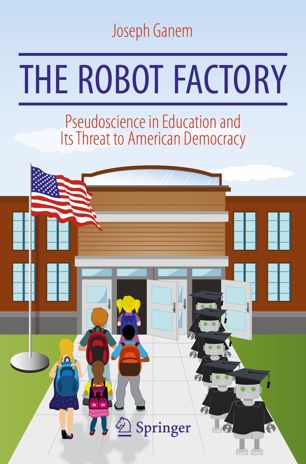

Most ebook files are in PDF format, so you can easily read them using various software such as Foxit Reader or directly on the Google Chrome browser.
Some ebook files are released by publishers in other formats such as .awz, .mobi, .epub, .fb2, etc. You may need to install specific software to read these formats on mobile/PC, such as Calibre.
Please read the tutorial at this link: https://ebookbell.com/faq
We offer FREE conversion to the popular formats you request; however, this may take some time. Therefore, right after payment, please email us, and we will try to provide the service as quickly as possible.
For some exceptional file formats or broken links (if any), please refrain from opening any disputes. Instead, email us first, and we will try to assist within a maximum of 6 hours.
EbookBell Team

4.4
102 reviewsThis book exposes a disturbing misuse of the scientific method to advance policies and agendas that are in fact detrimental to both science and education. The author, a physics professor, examines two related trends in education – the practice of “data-driven” reform and the disparaging of the traditional liberal arts in favor of programs with a heavy emphasis on science and technology. Many of the reforms being foisted on educators have more in common with pseudo-science than real science. The reduction of education to a commodity, and the shilling of science as a means to enhance corporate profits, lead to an impoverished and stunted understanding of science in particular, and of education in general.
How is it possible for: • schools with all students learning at grade-level to be rated as failing?• teachers to be rated as ineffective after all their students meet their learning outcomes?• rising grade-school math standards to result in more college students needing remedial math?• politicians to disparage scientists and their results but argue that more students should study science?
These bizarre outcomes have happened and are the result of an education system that misuses and misrepresents math and science in the classroom and in crafting education policies. This book exposes the flawed and fallacious thinking that is damaging education at all levels throughout the United States, and makes a compelling case for rethinking the standardized, optimized, and quantified approaches in vogue in education today to accommodate the different needs of individual teachers and students.